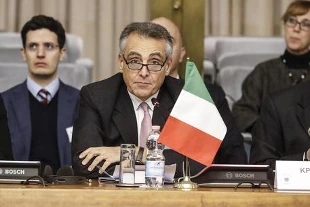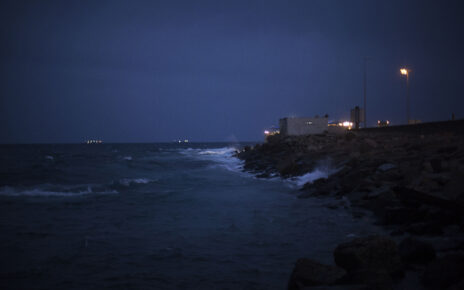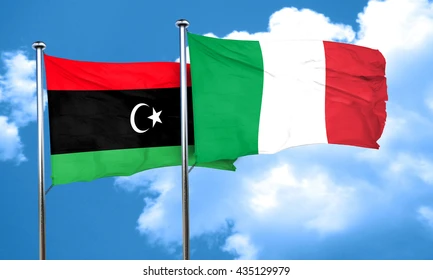 Italy’s ambassador to Libya Giuseppe Buccino indicated Tuesday that it is impossible to hold elections in the oil-rich African country whose running is being claimed by two rival administrations.
Italy’s ambassador to Libya Giuseppe Buccino indicated Tuesday that it is impossible to hold elections in the oil-rich African country whose running is being claimed by two rival administrations.
Baccino made the remark during a round table organized by the Luiss University in Rome, Libya Update reports.
“The situation on the ground is complex,” the ambassador stressed. “A framework has emerged with two governments that both consider themselves legitimate and that do not seem willing to negotiate.”
Abdul Hamid Dbeibeh, Premier of the Government of National Union (GNU), has refused to relinquish power in favor of former Interior Minister Fathi Bashagha appointed as the Prime Minister by the country’s parliament in February.
The parliament argued that Dbeibeh’s term came to an end on Dec. 24, the day the country failed to hold presidential elections expected to endow Libya with a central government since the fall of Muammar Gaddafi, assassinated in a NATO-led uprising.
Baccino however emphasized the necessity to keep “the electoral perspective alive” in the country.
The Italian diplomat also brought up the perspectives of gas production in the North African country, saying Libya can boost its gas production by 30% with investments not exceeding one billion dollars.
Yet, increasing gas production requires a solid and joint executive authority in Tripoli, he said.
“Increasing oil production from 1.2 million barrels per day to 2 million is a realistic goal that can be achieved within a year and a half or two years if the appropriate conditions and investments are made available,” he added.
The Italian ambassador pointed to the vast potential of the agro-industrial sector, which he said would be very beneficial for the Libyan people, who have suffered from transformation periods in recent years.
Last week, the Italian Minister for Ecological Transition, Roberto Cingolani, confirmed that Libyan gas was part of Rome’s plans to replace Russian supplies, disclosing that his country would clinch its first deals to find an alternative following the Russian-Ukrainian conflict.


